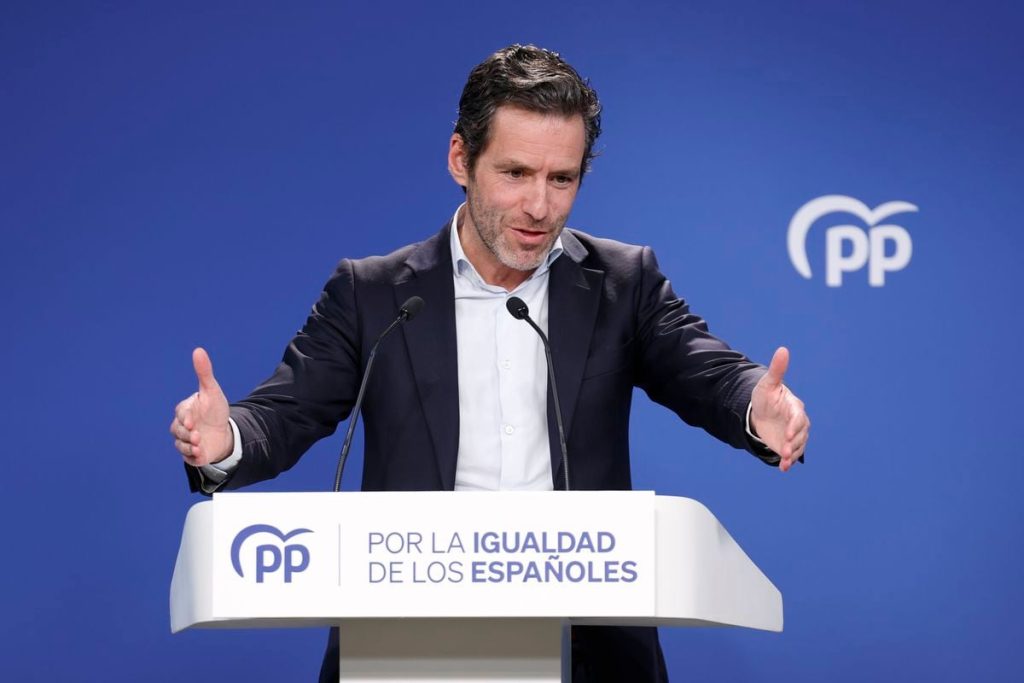The leadership of the Popular Party (PP) has shown their support for the offensive by their regional governments in coalition with Vox against the memory laws in Castilla y León, Aragón, and the Valencian Community. While some leaders within the party privately express discomfort with this issue, publicly the direction under Alberto Núñez Feijóo avoided any disagreement and closed ranks with the PP and Vox administrations. The party defends that the alternative memory laws being promoted by their regional governments “expand the condition of victims”, even though they already include all victims, distancing themselves from any whitewashing of Francoism. The PP leadership acknowledges their unease with being dragged into this issue by the far-right, which the PSOE intends to use to their advantage in the upcoming Basque elections.
Feijóo’s leadership chose to support their coalition governments with Vox in light of the announcement by the government of Pedro Sánchez that they will take the autonomy initiatives against democratic memory laws to the Constitutional Court. These coalitions are repealing existing laws and replacing them with ones they call “of concord”, with some even denying the dictatorship and framing the Civil War as not due to the 1936 coup but to previous conflicts. Despite defending the actions of their regional governments to repeal and promote new laws on this matter, the PP leadership privately adds more nuances to their support than what is shown publicly.
The spokesperson for the PP argued that the autonomy regions have the right to repeal laws and promote new ones, especially those that aim to expand the condition of victims. The current memory laws already encompass all victims regardless of their affiliation or ideology. While the position on the concord laws promoted by the coalition partners remains unknown until the final approval, the PP is careful to confirm or deny any potential changes to the content during the parliamentary process. However, the party emphasizes that the Franco regime was indeed a dictatorship and values moving forward from that dark period in Spain’s history.
Although the PP spokesperson publicly supported the political initiative of the PP and Vox governments, there are concerns regarding the total content of the concord laws they are promoting. The directive assures they will thoroughly review the content of these new laws and express their disapproval if any unacceptable content is found. The focus remains on expanding the condition of victims, even though the current laws do not differentiate between victims from different sides. The discomfort within the Feijóo leadership is evident, especially in light of the upcoming elections and the divisive nature of the memory democratic debate brought forward by Vox.
The initiative of the PP and Vox coalitions in Castilla y León, which aims to repeal the memory decree from 2018, has put the leadership in an uncomfortable position and diverted attention from other priorities like the Koldo case affecting the PSOE or the government’s concessions to the separatists. The focus on the memory laws spearheaded by the regional governments has once again become a defining issue in the political landscape ahead of the upcoming regional and European elections. Despite the reluctance of the PP leadership to prioritize the Franco regime, the coalitions with Vox continue to overshadow their preferred campaign issues.


